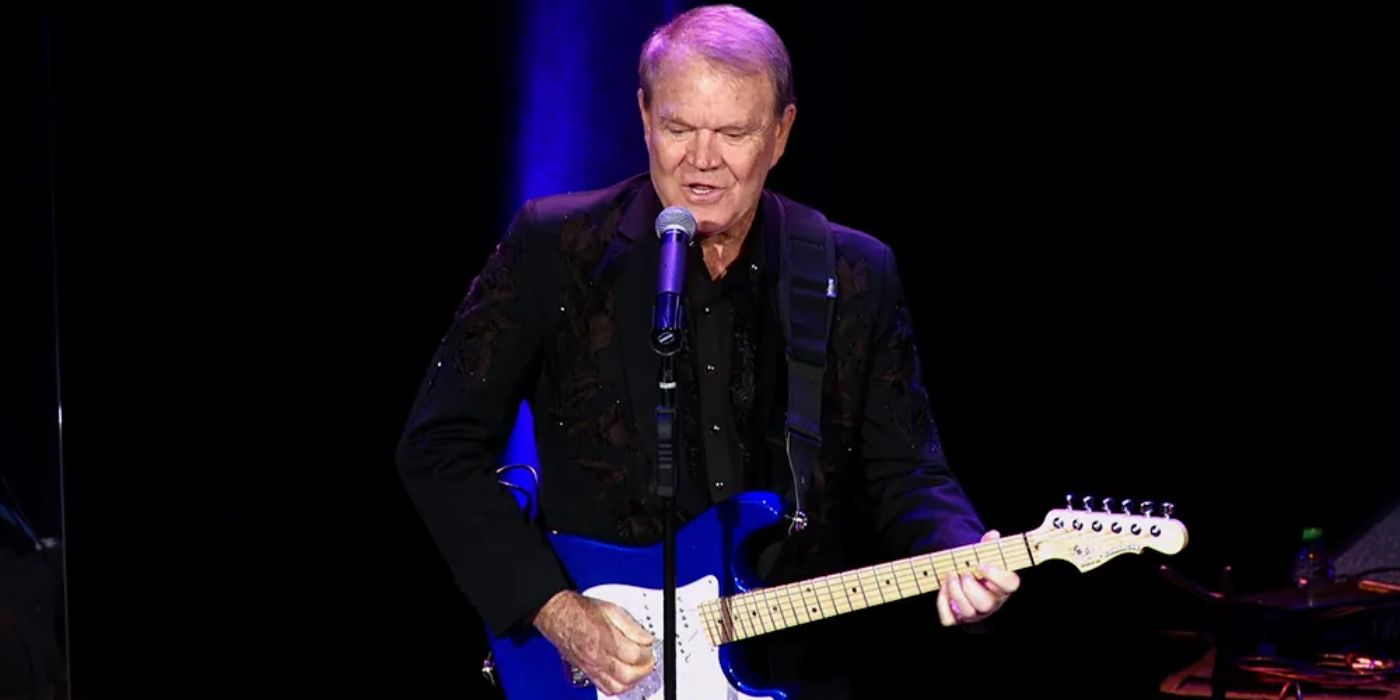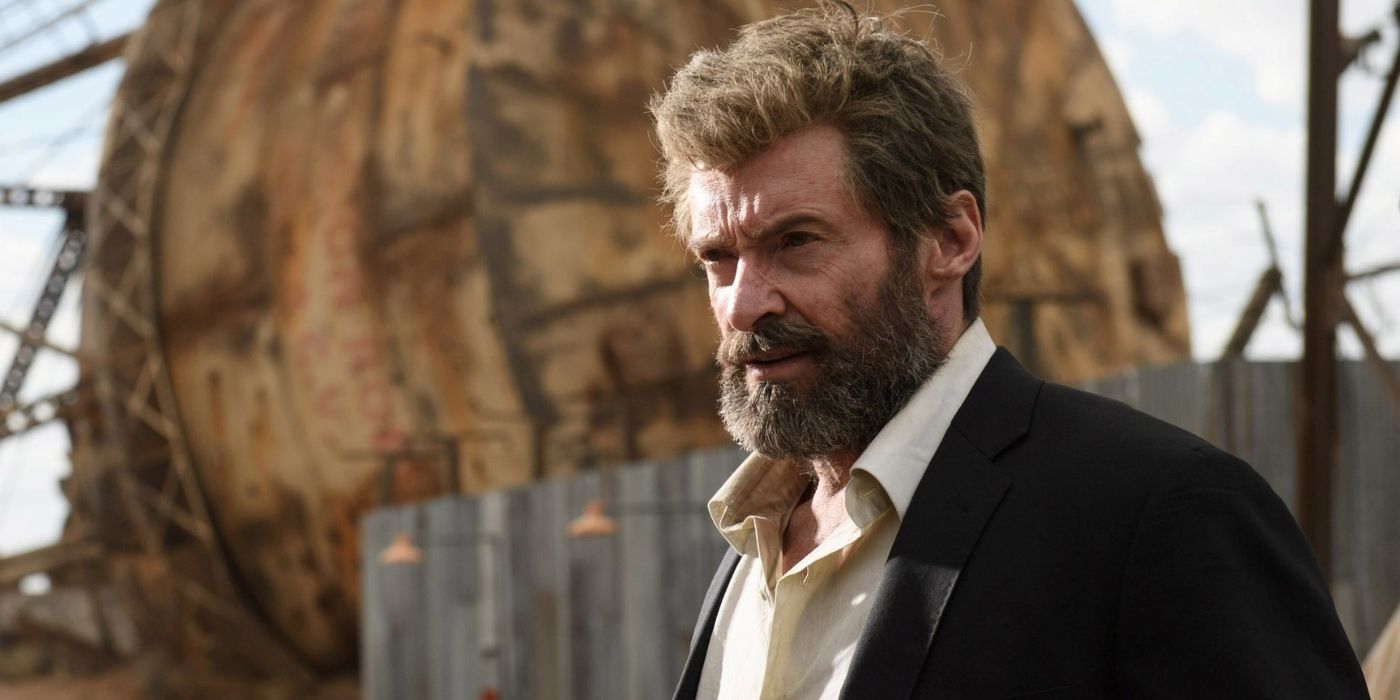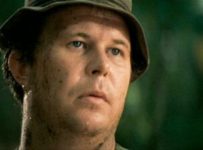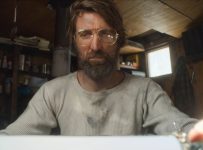“Gaia” is rich with references, Heart of Darkness being the most obvious. There are also shades of “Deliverance” (all those bows and arrows and wilderness injuries, not to mention an encounter with an unstoppable “Other”), and shades of “The Mosquito Coast,” where a madman father holds his naive son (and everyone around him) in thrall, more cult-leader than parent. “Gaia” is also, with a couple of quirks, a good old-fashioned monster movie. But the film is up to something far beyond a simple cross-genre exercise. The warnings about what humanity has done to the earth power “Gaia” with urgency and terror, but Kapp complicates matters by putting the “sermon” about environmental devastation into the mouth of a fanatic, shouting about all the “whores and false goddesses” living out in the modern world. He is a wild-eyed Abraham, willing to present a human sacrifice to the ravenous Fungi God.
“Gaia” was shot by cinematographer Jorrie van der Walt, and the images have an eerie tactile quality, dense with detail and texture: the thick hard cords of tree bark, the green pond-scum moving sluggishly, the mushroom spores floating ominously through the blackness, little orange mushrooms springing out of a branch, the spinning cosmos above the trees. There are numerous dream sequences, or perhaps hallucinations due to all the mushroom dust floating around, and these are terrifying and often beautiful: mushrooms pushing out of Gabi’s arm, her hands plunged into thick black mud; Barend fornicating wildly with a hole in the dirt; Gabi lying naked beside a crystal-clear pond, the water calm and still. These sequences are very unnerving.
The “message” of “Gaia” is simple, and yet it’s told in a way that complicates and maybe even obscures the message. That’s not necessarily a bad thing. What one is really left with is the image of all of those mushrooms, spreading around trees, pushing their way up, blindly seeking more and more space. It’s us or them. Sylvia Plath wrote a poem from a mushroom’s point of view. Its closing lines:
“We are meek,
We are edible,
Nudgers and shovers
In spite of ourselves.
Our kind multiplies:
We shall by morning
Inherit the earth.
Our foot’s in the door.”
You can view the original article HERE.





























